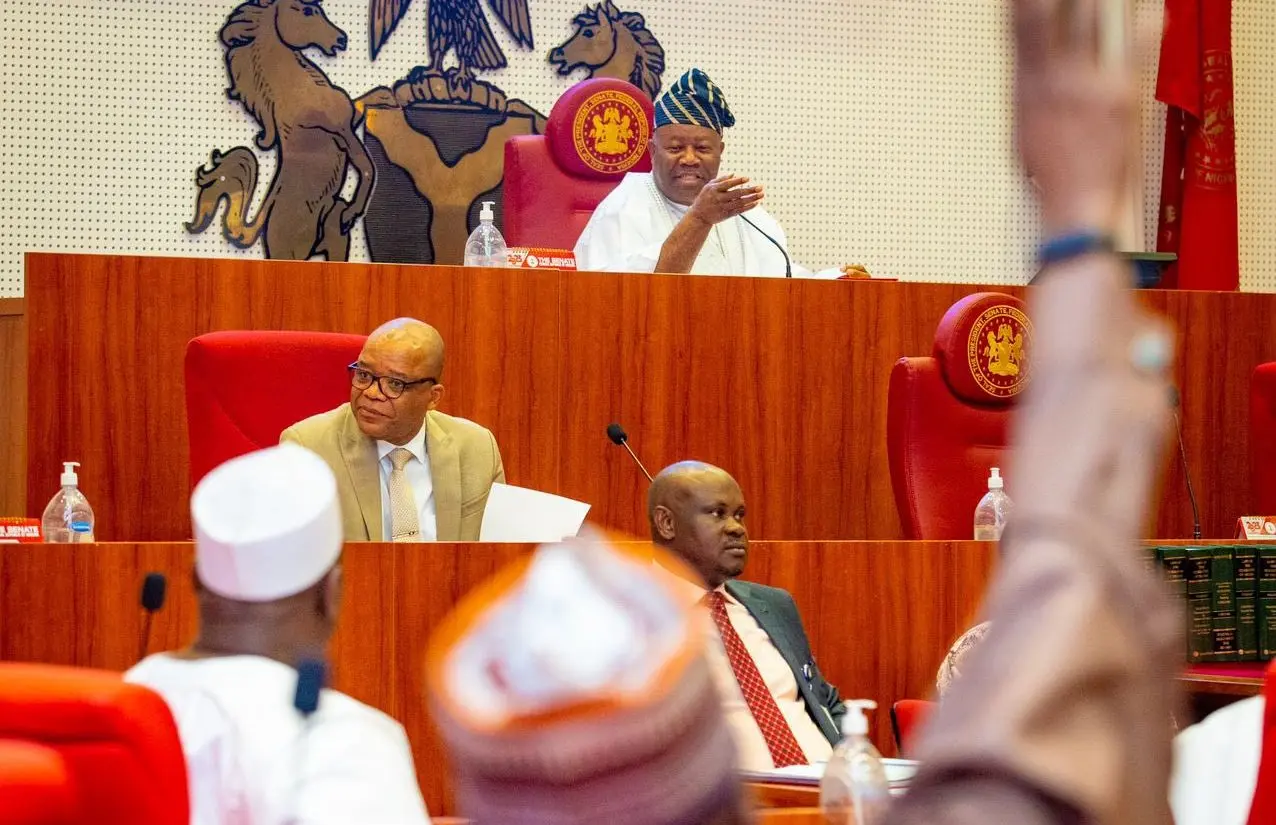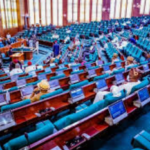
Senators are proposing to increase the powers of the Central Bank of Nigeria to enable it to use gold to strengthen the country’s reserves.
According to a Bloomberg report on Tuesday, a draft bill before the Senate has put forward a raft of policies that, if passed, would make the CBN the automatic off-taker for all the gold produced in the country, alongside a goal to make the precious metal at least 30 per cent of Nigeria’s external reserves.
As of November’s end, gold accounted for four per cent of the nation’s reserves, which currently stand at $34.8bn.
In June, the Senate passed, for a second reading, a bill for an Act to make provision for Nigeria’s Gold Reserve Industry. The bill sponsored by the lawmaker representing Kogi Central on the platform of the Peoples Democratic Party, Natasha Akpoti-Uduaghan, is seeking a robust framework for the harnessing, exploitation, and marketing of gold.
According to Bloomberg, the draft bill proposes to set up a Gold Reserve Authority and the CBN governor to chair a Gold Reserve management committee, whose composition and functions would be similar to the monetary policy committee of the bank.
“The bill, which follows a 2019 central bank gold purchase program, would enshrine its role into law while bringing the industry into the formal sector,” the report partly read.
Inflation in Nigeria stood at 33.95 per cent, driven by high food inflation. This followed economic reforms, including fuel subsidy removal and floating of the naira, which has seen the local currency depreciate around 70 per cent against the dollar in the past 12 months.
According to reports, gold mining in Nigeria is largely informal and makes only a tiny, measurable contribution to the economy.
The mining and quarrying sector of the economy grew by 6.3 per cent in the first quarter from a year earlier, according to the National Bureau of Statistics, and analysts see potential in the central bank holding more gold.
“We believe that continued accumulation of gold over the long term will strengthen Nigeria’s foreign exchange reserve portfolios, positively impacting inflation and reducing foreign exchange volatility,” analysts at CardinalStone Research in Lagos said in a note on Monday.





